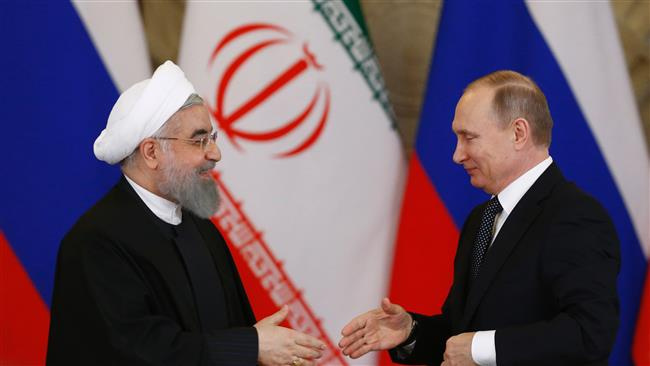A Delicate Balance Iran Should Not Disturb

In sealing the Joint Comprehensive Plan of Action (JCPOA), the nuclear deal between Iran and six world powers, Russia’s role is undeniable. Moscow had strong motives for successful conclusion of the JCPOA or any other peaceful solution which would curb United States’ dominance in the Middle East, particularly vis-à-vis Iran. Russia has been the only country having official nuclear cooperation with Iran in the recent years, an advantage that other members of the P5+1 (members of the UN Security Council plus Germany) lacked. But Moscow’s nuclear cooperation with Iran would only bear fruit if only other parties gained confidence about the general nature of Iran’s nuclear activities. On the other hand, Russia could play a central role in nuclear negotiations only if it acted as the middleman between Iran and the four Western countries of the United States, France, Germany and Britain.
The post-JCPOA atmosphere did not create equal political and economic opportunities for all signatories of the agreement. Taking a look at the history of economic ties between Iran and members of the P5+1 before the standoff over Iran’s nuclear program, we realize that Tehran-Moscow ties were not strong except in certain defense areas. JCPOA could bring those days back and revive economic ties between Iran and its old trade partners. This would in turn imply a smaller share of the cake for Moscow. Aware of this fact, Moscow has tried to bolster economic and political relations with Tehran. Particularly in the political aspect, Moscow achieved a degree of success. Regional developments, particularly in Syria, have also helped Russia to expand and reinforce its ties with Iran.
Russia has utilized its role in conclusion of JCPOA and détente between Iran and West not only to reinforce its ties with Tehran, but also to prevent aggravation of its relations with Western countries, particularly the Europeans. Tensions between Russia and the West over Ukraine and annexation of Crimea could rock their relations, but Moscow’s role in P5+1’s interactions with Iran and also in Syria have upgraded its status as an efficient broker in Middle East crises.
Trump’s election as President of the United States and his tough stance against Iran, particularly regarding the nuclear deal, can once again underline Moscow’s status amid the Tehran-Washington conflict. While the post-JCPOA opening and closer relations between Iran and countries such as France and Germany can turn them into new rivals against Russia, although their circumspection regarding their relations with the United States may slow this progress.
At this juncture, Iran’s vital strategy should be to not disturb the balance it has established in relations with other JCPOA signatories. Trump’s tirade against Iran has created a gap between Washington and its European allies and isolated the former, and Iran should maintain this dynamics. This requires Iran not to display excess in its relations with Moscow and miss the opportunity created by EU-US differences.
* This article was originally published in Iranian Diplomacy Persian service. Nematollah Izadi is Iran’s former ambassador to Russia.

